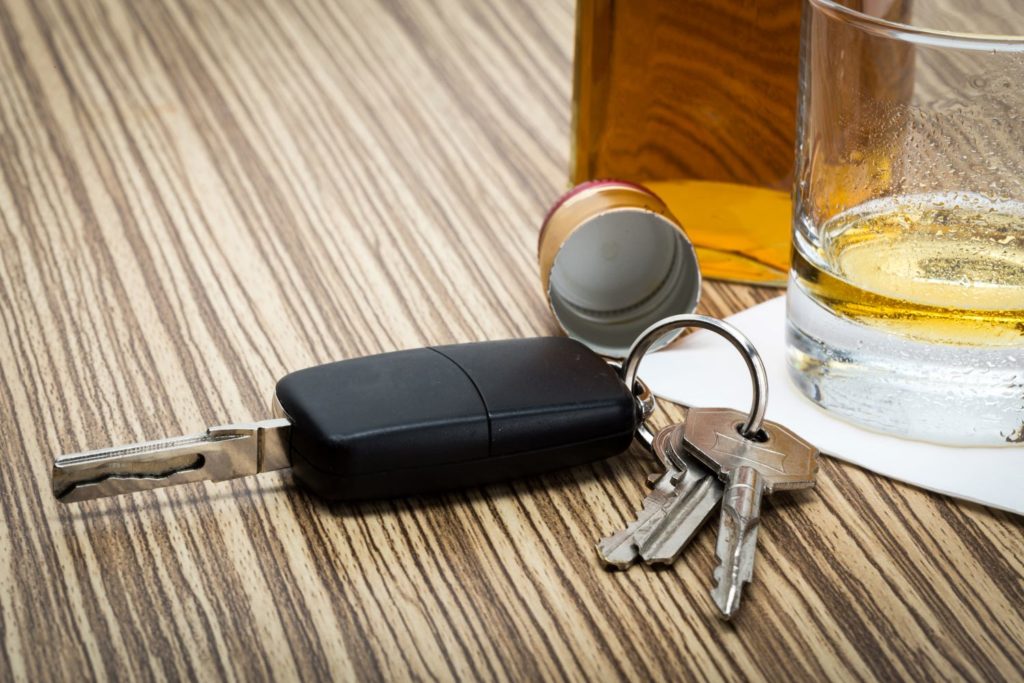Understanding DWI/DUI Refusal Laws in New Jersey
Driving under the influence (DUI) or driving while intoxicated (DWI) is a serious offense in every state, and New Jersey is no exception. In addition to the standard penalties for DWI/DUI, New Jersey has strict laws regarding breathalyzer test refusal. This article will provide an overview of DWI/DUI refusal laws in New Jersey, the consequences of refusal, and what individuals should know to protect their rights.
DWI/DUI Refusal in New Jersey

In New Jersey, DWI/DUI refusal pertains to a driver’s refusal to submit to a breathalyzer or other chemical tests, such as a blood test, when suspected of driving under the influence of alcohol or drugs. The state’s implied consent law means that, by obtaining a driver’s license in New Jersey, you have already consented to these tests if law enforcement has probable cause to believe you are driving under the influence.
Consequences of Refusal
Refusing to take a breathalyzer or chemical test has serious consequences in New Jersey:
License Suspension:
Refusal to submit to a breathalyzer test results in an automatic driver’s license suspension. For a first offense, the suspension typically ranges from seven months to one year. For subsequent offenses, the suspension period increases.
Ignition Interlock Device (IID):
In some cases, the court may require the installation of an ignition interlock device in your vehicle upon license restoration. This device measures your blood alcohol concentration (BAC) before allowing you to start the car.
Fines and Penalties:
In addition to the automatic suspension, you may also face fines and penalties associated with a DWI/DUI conviction if you are found guilty in court.
Increased Insurance Rates:
A DWI/DUI conviction or refusal to take a breathalyzer test can lead to substantially higher auto insurance rates, making it expensive for years to come.
Criminal Record:
Refusal to submit to chemical testing may not prevent a DWI/DUI conviction but can result in additional charges, including a separate offense for refusal. This can lead to a criminal record, impacting employment and other aspects of life.
Mandatory Alcohol Education and Treatment:
The court may require you to attend alcohol education and treatment programs as part of your sentence.
Protecting Your Rights
If you are pulled over on suspicion of DWI/DUI in New Jersey, it is essential to understand your rights and legal options:
Consult an Attorney:
Contact an experienced DWI/DUI attorney who can guide you through the legal process, evaluate the strength of your case, and help you make informed decisions.
Understand the Consequences:
Familiarize yourself with the potential consequences of both DWI/DUI conviction and refusal so you can make an informed choice regarding chemical testing.
Cooperate with Law Enforcement:
While you have the right to remain silent, it’s generally advisable to be polite and cooperative with law enforcement during a traffic stop.
Request an Independent Test:
If you do submit to chemical testing and are arrested, you have the right to request an independent test by a medical professional of your choice.
DWI/DUI, Refusal law in New Jersey
DWI/DUI refusal laws in New Jersey are stringent and come with significant consequences. It is essential to be aware of these laws, understand your rights, and seek legal counsel if you find yourself facing a DWI/DUI charge or refusal allegations. Remember, the best way to avoid these problems is to never drink and drive in the first place, ensuring the safety of yourself and others on the road.
Contact a Jersey City and Newark DWI Defense Attorney
After being convicted under DUI charges, you can still protect your rights. You have the right to contact your DUI defense lawyer. We will work to protect your rights, and fight on your behalf to avoid a serious criminal conviction.
Call our Jersey City DUI/DWI attorneys at 201-420-1913 for a free consultation.
